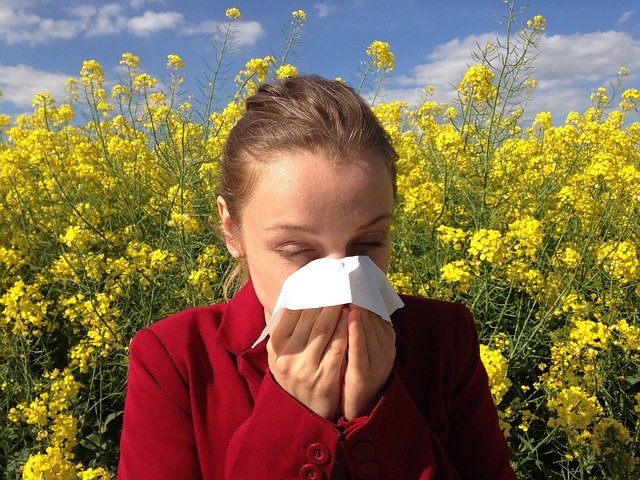Your nose may only be small, but it holds a very important function. It’s one of the most significant parts of your body as it helps you breathe. It’s also the part that gives you the sense of smell. Therefore, it’s not surprising that when there’s a problem with it, your whole body suffers.
When you feel ill and you’re having a stuffy nose, isn’t it that you also feel weak? It’s as if your whole body can’t function well and you just want to relax the whole day. There are still many other nose problems that can happen, either as a minor concern or one that’s also quite pressing.
In this article, you’ll come across three common nose problems and their respective remedies.
1. Dry Nose
When your sinuses lack moisture, the result is what’s known as a dry nose. If left to prosper, a simple dry nose can lead to other discomforts like nosebleeds and dry nasal passages. In severe cases, an infection can also happen.
A dry nose can be caused by factors such as:
- Seasonal allergies such as being allergic to pollen, mold, and blooming plants;
- Decongestants and antihistamines;
- Chemical and environmental irritants like household cleaning products and chemicals in the workplace.
Alongside undergoing dry nose treatment, here are other home remedies you can try out:
Humidifier
Having a humidifier in your bedroom when you go to sleep can help increase your room’s humidity. In turn, this can provide relief to your nasal passages, especially when it’s too dry.
Damp Wipes
You don’t need any special nasal wipes for this, but if you do, then that’d work too. Nonetheless, all you need are facial tissues. Moisten it with a few sprays of water, then wipe along your nostril’s lining. Doing this can help prevent any irritation and dryness.
Steam Inhalation
If you don’t have a humidifier at home, don’t be compelled to buy one immediately. An alternative is through doing a simple steam inhalation. Just be sure to keep the temperature right so you can avoid burning or scalding your skin.
2. Allergic Rhinitis
Allergic rhinitis can also be known as hay fever. When you suffer from allergic rhinitis, this is the body’s way of responding to an allergen exposure. For some patients, it can be seasonal, depending on the kind of allergen their body responds to. For others, however, allergic rhinitis can be frequent and also disruptive to one’s day-to-day activities.
The symptoms of allergic rhinitis can vary from person to person. But some of the most common and recurring symptoms include:
- Watery nasal discharge on the nose;
- Trouble doing normal daily activities;
- Blocked nasal passages;
- Daytime fatigue;
- Sneezing and nasal itching.

One of the very first remedies recommended by doctors includes reducing exposure to allergens and other triggers. As the patient avoids all the allergy triggers, other remedies also include:
Glucocorticoid Nasal Sprays
These are delivered using a nasal spray to relieve symptoms in many patients. For patients with severe symptoms, however, it’s recommended to first start with a nasal decongestant for a few days before starting on the nasal steroids.
Eye Drops
These are used if the patient suffers from itchy or irritated eyes as an accompanying symptom to their allergic rhinitis.
Allergen Immunotherapy
This is a type of treatment administered by doctors to alter how the patient’s immune system responds to its allergens. Generally, allergen immunotherapy is administered through regular injections.
3. Sinusitis
Sinusitis is one of the most common chronic conditions globally. As an ongoing disease, a patient suffering from sinusitis will experience discomforts such as:
- Symptoms of nasal obstruction or difficulty breathing through the nose;
- Decreased sense of smell;
- Frequent sinus infections.
It’s important to consult a doctor before forming the conclusion that you suffer from sinus. This isn’t to be confused with allergies, which is merely an upper respiratory tract infection. With a doctor’s diagnosis, the proper treatment can also be recommended to avoid any possible complications.
Some of the common medications or treatments to be given include:
- Anti-inflammatory nasal sprays;
- Oral inflammatory inhibitors;
- Decongestants;
- Systemic steroid medications.
Conclusion
The list above is only three of the most common types of nose problems experienced by individuals. Whatever your nose problem is, the most important thing to remember is to never self-medicate. Nose problems may be minor, but when they last for a few days, they can also hamper your comfort and ability to function. Always take heed of what your physician recommends you to do, so you’re certain to have the best remedy and treatment.
